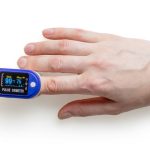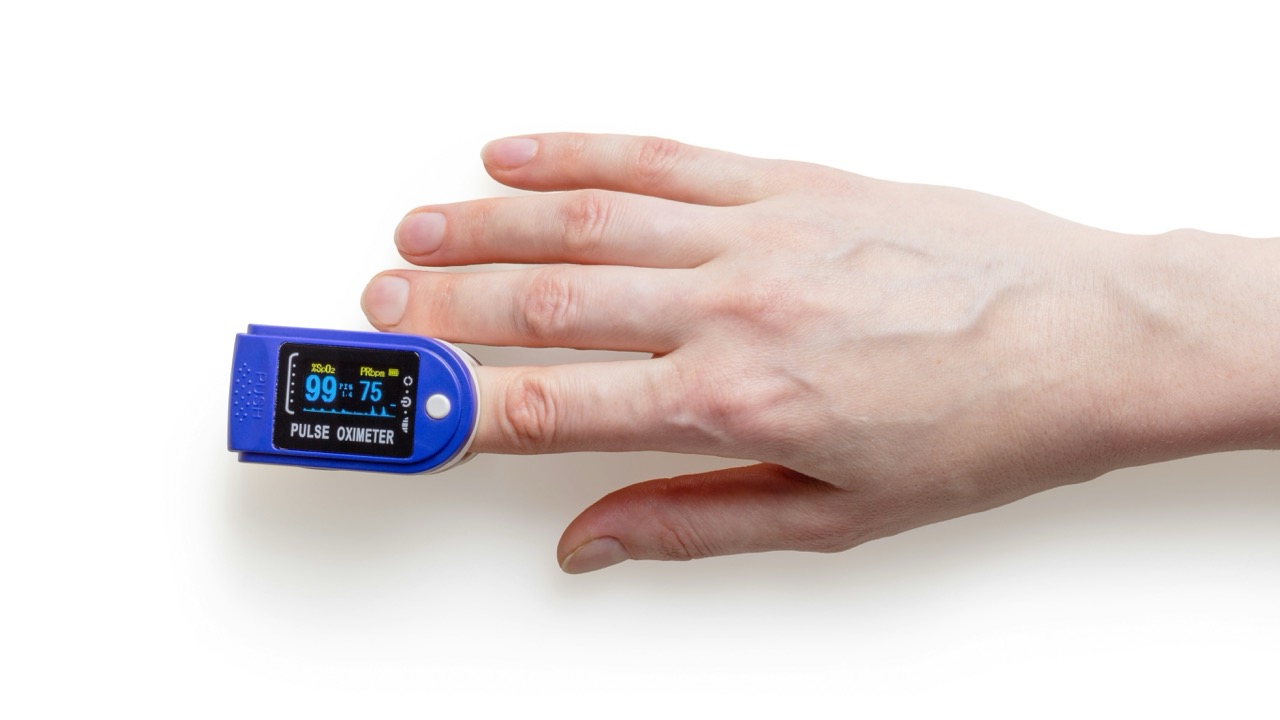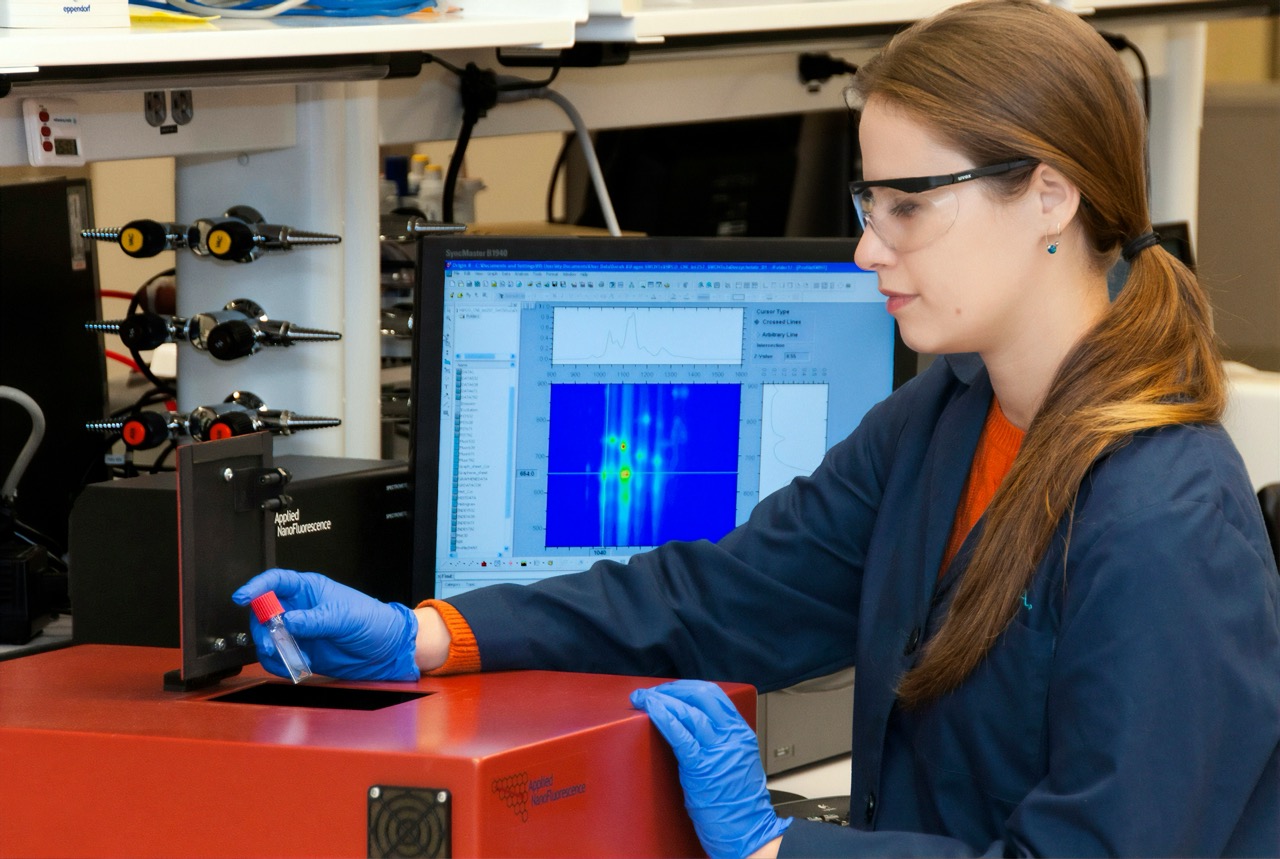Human papillomavirus (HPV) is a common sexually transmitted infection that affects millions of individuals worldwide. While most people are familiar with its association with certain cancers and genital warts, the broader implications of HPV on overall health, particularly concerning chronic fatigue, are less understood. This article aims to explore whether HPV can contribute to chronic fatigue, examining the virus’s effects, the connections between HPV and fatigue symptoms, relevant research findings, and strategies for managing chronic fatigue.
Understanding HPV: An Overview of the Virus and Its Effects
Human papillomavirus encompasses a group of more than 200 related viruses, with around 40 strains transmitted through sexual contact. HPV is known for its potential to cause various health issues, including cervical cancer, oral cancers, and other anogenital malignancies. Most HPV infections are asymptomatic and resolve spontaneously within two years, but persistent infections with high-risk strains can lead to significant health complications.
The effects of HPV extend beyond the reproductive system, as research is emerging that suggests potential systemic implications. For some individuals, HPV can elicit chronic inflammation and immune system responses that may contribute to a variety of symptoms. Although the immediate consequences of an HPV infection are often localized, the virus’s ability to alter immune function and cause systemic inflammation could lead to more complex health issues, including chronic fatigue.
Moreover, the psychological impact of an HPV diagnosis can also play a role in overall health. Patients may experience anxiety, depression, or stress upon learning they are infected with a virus linked to cancer. These psychological factors can exacerbate feelings of fatigue and lethargy, creating a multifaceted challenge for those coping with HPV-related health issues. Understanding these dimensions is crucial in addressing the potential link between HPV and chronic fatigue.
The Link Between HPV and Chronic Fatigue Symptoms Explained
Chronic fatigue syndrome (CFS) is characterized by profound fatigue lasting more than six months, alongside other symptoms such as sleep disturbances, cognitive difficulties, and musculoskeletal pain. While the etiology of CFS remains largely unclear, infections, including viral infections, have been implicated as potential triggers. Given that HPV can induce chronic inflammation and immunological alterations, it raises the question of whether individuals with HPV may experience symptoms consistent with chronic fatigue.
In some cases, individuals with HPV may report uncharacteristic levels of fatigue, often attributing it to the psychological burden of living with the virus or the physical toll of associated health conditions. The chronic stress response triggered by managing health anxieties, combined with the body’s immune response to HPV, could lead to persistent fatigue. This connection emphasizes the importance of recognizing mental health influences on physical symptoms, reinforcing that fatigue may stem from a combination of physiological and psychological factors.
Furthermore, the immune response elicited by HPV can mimic other viral infections, potentially contributing to systemic symptoms of fatigue. The immune system’s activation may result in the production of pro-inflammatory cytokines, which are known to influence energy levels and fatigue perceptions. Thus, the interplay of immune activation, psychological stress, and the chronic nature of HPV infection may collectively contribute to the onset of fatigue in some individuals.
Research Findings: HPV’s Role in Chronic Fatigue Syndromes
Current research on the link between HPV and chronic fatigue is still in its infancy, but some studies have begun to shed light on this complex relationship. A small number of studies have indicated that viral infections, including HPV, may play a role in precipitating chronic fatigue symptoms in certain individuals. These findings suggest that further investigation into the long-term effects of HPV on energy levels and overall wellbeing is warranted.
One relevant study examined patients diagnosed with CFS and found a higher prevalence of HPV-related dysregulation in immune responses compared to healthy controls. The results indicated that individuals with active HPV infections demonstrated more pronounced fatigue symptoms, hinting at a potential viral component to chronic fatigue syndromes. However, these findings are preliminary and necessitate more extensive studies to ascertain the nature of this relationship definitively.
Another aspect of research focuses on the psychosomatic interactions between HPV and chronic fatigue. Evidence suggests that chronic illnesses often coexist with psychological conditions such as anxiety and depression, which can exacerbate fatigue. Understanding these comorbidities is essential in identifying the multifactorial nature of chronic fatigue, including the potential influence of HPV as one contributing factor among many.
Managing Chronic Fatigue: Treatment Options and Considerations
Addressing chronic fatigue, particularly when a viral infection like HPV is involved, requires a comprehensive treatment approach. First and foremost, individuals experiencing chronic fatigue should consult healthcare professionals for a thorough evaluation to rule out other underlying health issues. This assessment may include blood tests, psychological evaluations, and a review of medical history to identify contributing factors to fatigue.
Once underlying conditions are ruled out, treatment may focus on managing symptoms and improving quality of life. This can involve a combination of lifestyle modifications, such as regular exercise, balanced nutrition, and stress management techniques. Cognitive-behavioral therapy (CBT) has also shown promise in helping individuals cope with the psychological aspects of chronic fatigue and improving overall mental health.
In cases where HPV-related issues contribute to fatigue, monitoring and managing HPV through regular medical care is essential. This may include vaccination to prevent high-risk strains, regular screenings, and education on safe sexual practices. By adopting a holistic approach that encompasses both physical and psychological health, individuals can better navigate the complexities of chronic fatigue potentially linked to HPV.
While the connection between HPV and chronic fatigue remains an area of ongoing research, evidence suggests that the virus’s effects on the immune system, combined with psychological factors, may contribute to fatigue symptoms in certain individuals. As our understanding of HPV evolves, it is essential for healthcare providers to consider the broader implications of HPV infections, particularly in managing chronic fatigue. Individuals experiencing persistent fatigue should seek appropriate medical advice and explore comprehensive treatment options that address both physical and mental health concerns. By fostering a holistic understanding of health, we can enhance the quality of life for those affected by HPV and related fatigue symptoms.











